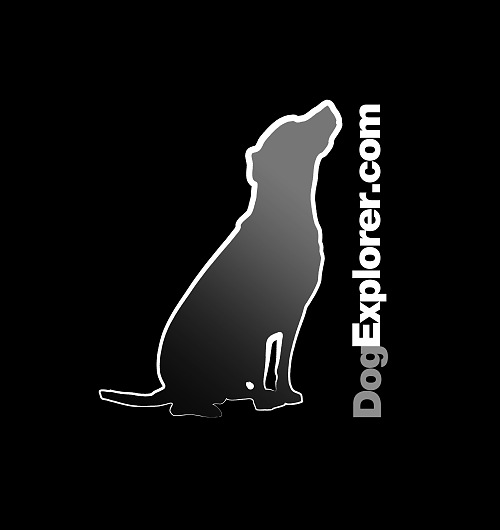Coprophagia (Stool-Eating) in Dogs
by G. Landsberg, DVM & D. Horwitz, DVM
Why do dogs eat stools?
While most cases of coprophagia appear to be purely behavioral, there indeed numerous medical problems that can cause or contribute to coprophagia. These problems must first be ruled out before a purely behavioral diagnosis is made.
What are some of the medical causes?
Any medical problem that leads to a decrease in absorption of nutrients, causes gastrointestinal upset or causes an increase in the appeal of the dog’s stool, could lead to coprophagia. In addition to a complete physical examination, the puppy’s diet and its stool frequency and consistency should be evaluated. Stool testing for parasites would be the minimum level of testing. If the stool is unusually soft or appears to be poorly digested, additional stool or blood tests may be warranted. Feeding a poorly digestible diet, underfeeding, and medical conditions that decrease absorption such as digestive enzyme deficiencies or parasites, could lead to malnutrition, vitamin and mineral deficiencies, and therefore an increased appetite and possibly stool eating. In addition, if the stools contain large amounts of undigested food material, there is an increased likelihood that the puppy would eat the stools.
When adult dogs begin to eat stools, it may also be due to mal-absorption of nutrients or nutritional deficiencies. In addition, any condition that may cause an increase in appetite, such as diabetes, Cushing’s or thyroid disease, or treatment with certain drugs such as steroids, may lead to an increase in stool eating. Some dogs that have been placed on a highly restrictive or poorly balanced diet may also begin to eat their stools. It should also be noted that if a dog develops a taste for a particular dog’s stool, that dog should be tested for any type of condition that might lead to poor digestion of the food (and therefore excessive food elements remaining in the stool).
What are some the behavioral reasons that a dog or cat might eat its own stools?
Coprophagia is a common problem of some puppies, which usually clears up by adulthood. There have been many explanations suggested for this behavior. When left unsupervised, puppies may simply begin to investigate, play with, and even eat stools as a playful or investigative activity. Since coprophagia may attract a great deal of owner attention, the behavior may be further reinforced. There may also be an observational component (copy behavior) since the bitch cleans and ingests the puppy’s excrement in the nest, and puppies may learn to mimic the behavior of their mothers or playmates who perform this behavior. The owner that uses the outmoded, inhumane and useless training technique of “sticking the dog’s nose” in its stool when it has soiled the home may be further encouraging coprophagia. In adult dogs the innate behavior of grooming and cleaning newborn puppies and eating their excrement, along with the well documented fact that dogs tend to be attracted to sniff and lick infection or discharge of their pack-mates, may explain some of the motivation for coprophagia. Early intervention can help reduce the possibility that the behavior will become a long-term habit.
Why do dogs eat the stools of other animals?
This behavior is akin to scavenging. It is not unusual for dogs to steal food items, raid garbage cans, and chew on or eat non-food items that most humans would consider unusual or even disgusting. Cat feces and those of some other animals often have enough appealing attributes (odor, texture, taste) to overcome the fact that they are stools. In fact, stools themselves are seldom unpleasant to dogs. It is one of the odors that they are constantly attracted to when investigating their environment.
How can coprophagia be treated?
Coprophagia can best be corrected by preventing access to stools, by thorough cleaning of the pet’s property, and by constant supervision when the pet is outdoors. At the first indication of stool sniffing or investigation the dog should be interrupted with a firm command, punishment device* or a quick pull on the leash (this is particularly effective for dogs wearing head halters). If the dog is taught to come to the owners and sit for a special food treat immediately following each elimination, the new behavior may become a permanent habit.
Dogs with medical problems should be treated to try and correct the underlying cause. A change in diet to one that is more digestible, or one with different protein sources may be useful. Dogs on restricted calorie diets may do better on a high bulk of high fiber formula. Some dogs may be improved by adding supplements to improve nutrient digestion or absorption. Specifically, the digestive enzymes in the form of meat tenderizers or food additives may help increase protein digestion, resulting in a less palatable stool. Other published remedies that have never been proven to be effective are to add papaya, yogurt, cottage cheese or Certs
